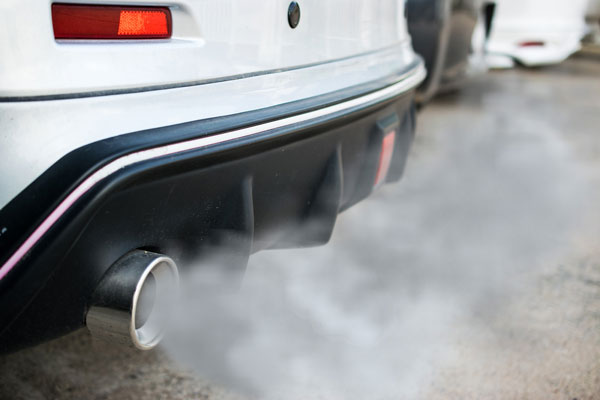Australia car industry to introduce tougher vehicle CO2 emissions standards through new reporting scheme

With Australia failing to entice many of the latest, most efficient vehicles down under due to sub-standard vehicle emissions standards, the country’s national vehicle industry body has taken matters into their own hands.
The Federal Chamber of Automotive Industries (FCAI) will introduce a new voluntary emissions standard reporting scheme starting in 2021 that will assess the emissions of manufacturers over the next 10 years to 2030.
Through this reporting scheme, the FCAI will publish a yearly report card outlining how each manufacturer fared that year in their pursuit of reducing CO2 emissions of their fleet to targets that will be established by the FCAI.
These targets are expected to vary depending on the type of vehicle, with passenger cars and SUVs emissions required to be reduced by 4 per cent per year to 100g/km by 2030, while utes and four-wheel-drives will face 3 per cent reductions each year to 145g/km by 2030.
Australia has fallen well behind much of the world in recent times when it comes to vehicle emissions standards, due to a lack of government action on the matter.
This has resulted in many car manufacturers neglecting to send their new efficient and electric vehicle models to Australia to sell, instead prioritising markets with strict emissions standards and leaving Australia with their less efficient models.
FCAI chief executive Tony Weber said the introduction of the reporting scheme was aimed at ending this cycle and opening the door for the latest models to come to Australia.
“The intent behind this new Standard is to ensure automotive manufacturers can continue to do what they do best – and that is to bring the latest, safest, and most fuel-efficient vehicles to the Australian market,” said Mr Weber.
“The FCAI strongly supports a comprehensive approach to addressing motor vehicle emissions that includes fuel quality standards, the introduction of Euro 6 and the introduction of a challenging but realistic, achievable and market-relevant CO2 standard.”
While no financial penalties will apply to manufacturers who fail to meet their targets, Weber says they will be publicly named and shamed.
“We won’t be penalising our members,” said Mr Weber. “But we will be transparent.”
The decision to introduce a vehicle emissions standard reporting scheme has been welcomed by the Electric Vehicle Council, with chief executive Behyad Jafari saying it was a step in the right direction.
“Today’s announcement proves the industry recognises that CO2 standards benefit consumers,” said Jafari.
Jafari also called on the government to use this announcement as an opportunity to introduce stricter emissions standards and catch up to the rest of the world.
“The government should follow the lead and introduce mandatory standards comparable to the US, the EU, and most other markets. Until this happens, we’ll just have to accept that a huge proportion of the world’s most appealing EVs will be unavailable to Australian consumers.”
“The relevant stakeholders in Australia are ready to move with the times. But ultimately government needs to play a major role.”
Source: Whichcar | Car industry to take lead on reducing emissions in Australia
28 July 2020









